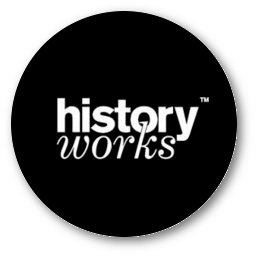Equiano
Cambridge was once home to two of the most prominent campaigners against the Transatlantic Slave Trade. Olaudah Equiano (1745-1797), who was an African, campaigned alongside Thomas Clarkson (1760-1846), from Wisbech. They were both early activists, just as important as William Wilberforce. They devoted their lives to the cause and were pivotal in the Bill of 1807, which abolished the Slave Trade in Britain and British territories. Equiano was an ardent campaigner. He was important to Wilberforce and Clarkson, as a former enslaved African, being a source of eye-witness accounts about the horrific experience of being kidnapped as a child in Africa and trafficked to the Americas. Equiano was bought and sold many times, buying his freedom from a sympathetic Quaker, when he became literate, moved to England. Equiano married a local woman in Soham, and lived for a while with his family in Chesterton. His daughter, Anna Maria, was buried there in St Andrews Churchyard in 1797. Equiano wrote a Memoir to publicize his story and to raise money for the abolitionist cause. However, it took longer to abolish slavery and trafficking. Owning another human was not made illegal until 1837.
Download History Story Laminate Here
Read full History Story Here

